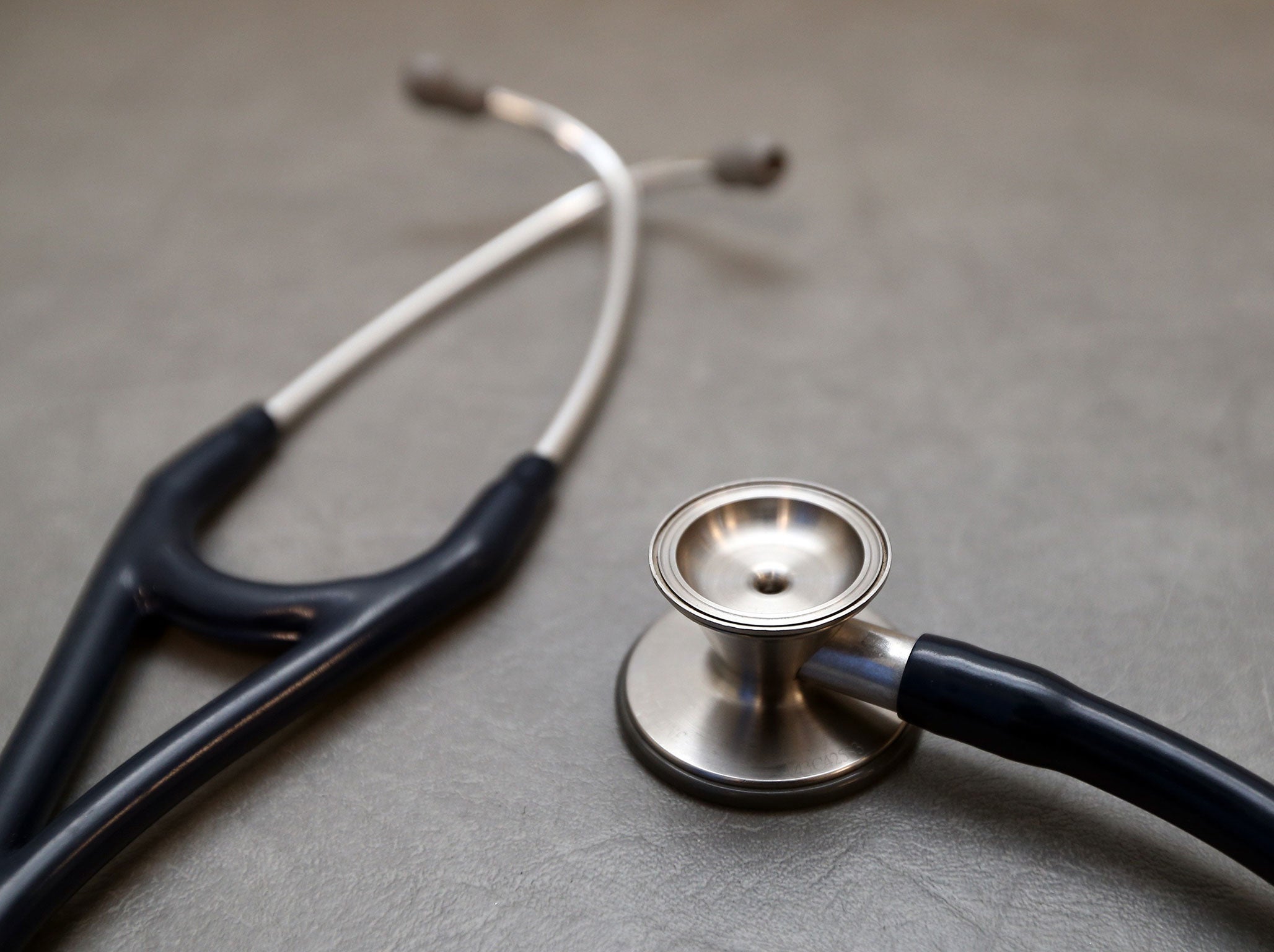Cardiac arrests have warning symptoms but are ignored, study finds
Some people experienced the signs a month before experiencing cardiac arrest

The potentially life-saving symptoms of cardiac arrests are being ignored for hours, days and even weeks before a person is struck, a new study has shown.
A cardiac arrest occurs when the heart is knocked out of rhythm and suddenly stops beating. However, as so few patients survive the ordeal it has been difficult to pinpoint whether those affected experience similar symptoms.
However, researchers at the Cedars-Sinai Heart Institute in Los Angeles now believe that the warning signs exist, but are going unnoticed.
To make their findings for the Oregon Sudden Unexpected Death Study, the team assessed medical records from nearly 1,100 people aged between 35 and 65 who had suffered cardiac arrest. They also conducted interviews with witnesses of cardiac arrests, as well as the friends and families of patients.
They found that around half of the middle-aged patients for whom information was available had reported experiencing chest pain or shortness of breath in the month prior to the cardiac arrest.
Signs patients showed before experiencing cardiac arrest, according to the study
Chest pain
Shortness of breath
Fainting
Heart palpitations
The symptom information for around a quarter of the patients was unavailable, however, evidence for the remaining 839 patients revealed that half had at least one symptom in the previous month.
Many experienced symptoms 24 hours before their collapse, while some noticed a difference in their condition between around a week and a few up to a month before.
Chest pain was most common in men, while women were more likely to experience shortness of breath. Other symptoms included fainting and heart palpitations.
“By the time the 911 call is made, it's much too late for at least 90 per cent of people,” said Dr. Sumeet Chugh of the Cedars-Sinai Heart Institute in Los Angeles, who led the study. “There's this window of opportunity that we really didn't know existed.”
Dr. Clifton Callaway a specialist in emergency medicine specialist at the University of Pittsburgh praised the study, and urged the public not to dismiss possible signs of heart trouble.
"Chest pain, shortness of breath — those are things you should come in the middle of the night to the emergency department and get checked out," said Callaway, who chairs the American Heart Association's emergency care committee. “We strongly recommend you don't try to ride it out at home."
Researchers hope that the study published in the Annals of Internal Medicine journal will be used to help prevent cardiac arrests by helping doctors and patients to spot the signs earlier.
The British Heart Foundation advises those who believe they are with a person who is experiencing a cardiac arrest to carry out CPR by compressing the chest, and inflating the lungs by using mouth-to-mouth resuscitation.
Additional reporting by Reuters
Join our commenting forum
Join thought-provoking conversations, follow other Independent readers and see their replies
Comments
Bookmark popover
Removed from bookmarks